In supporting EMBL postgraduate students in their scientific journey, Szilárd Library provided more books on career development, PhD guides, paper writing.
Here is an overview of selected new titles, with a word from their authors, reviewers and publishers.

By Gordon Rugg
“The course of a PhD never did ‘run smooth’. This new edition of unwritten rules covers everything the doctoral student needs to know for a smoother passage with informal yet scholarly advice.” (Professor Jerry Wellington, University of Sheffield, UK)
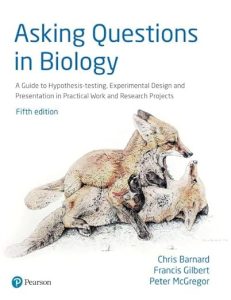
By Chris Barnard
The book is an indispensable companion to all students of biology, but particularly those enrolled in courses concerning experimental design, data analysis, hypothesis testing, research methods, or any practical project work.
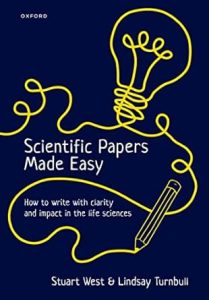
By Stuart West
This novel book’s fundamental principle is simple – the reader must come first. The purpose of a scientific paper is to pass on knowledge, and so impactful writing must focus on attracting, holding, and illuminating readers.

By Bruce Kirchoff
This book shows how to use story structure to craft clear, credible presentations. In it you will find exercises to help you give both short and long presentations, like Elevator pitches, lightning talks, Three Minute Thesis (3MT®), and conference presentations.

By Yves Gingras
In this book, Yves Gingras offers a spirited argument against an unquestioning reliance on bibliometrics as an indicator of research quality.
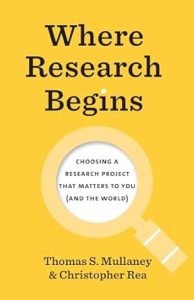
By Thomas S. Mullaney
The hardest part of research isn’t answering a question. It’s knowing what to do before you know what your question is. Written in a conversational style and packed with real-world examples, this easy-to-follow workbook offers an engaging guide to finding research inspiration within yourself, and in the broader world of ideas.
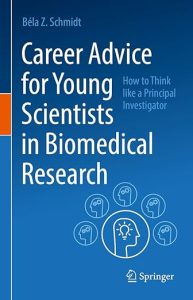
By Béla Z. Schmidt
Pursuing a career in biomedical research can be daunting, considering the stiffer competition and uncertain career prospects in academia. This book summarizes career advice gathered during in-depth interviews with 106 biomedical scientists who lead their own laboratories.
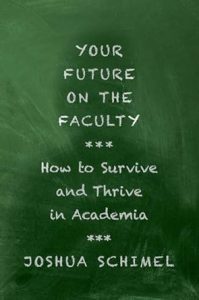
By Joshua Schimel
Succeeding and thriving as an academic calls for developing wider, “non-academic” insights and skills into how these operate and how to operate effectively with, and within, them.







